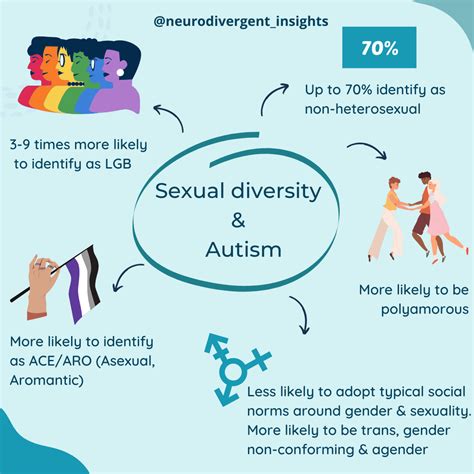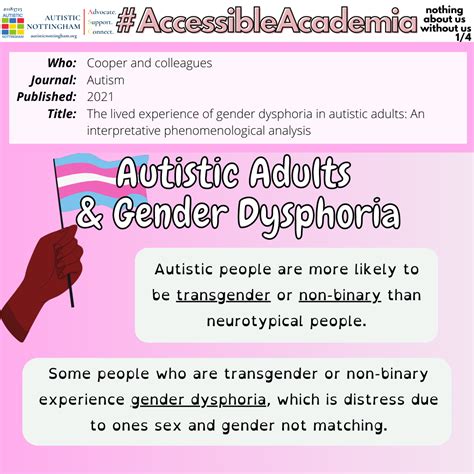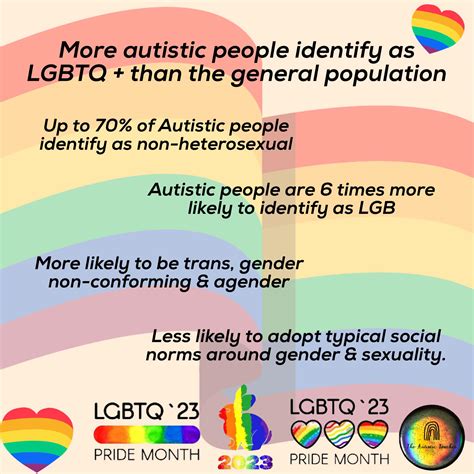Research is a critical component of creating high-quality blog posts, especially in the field of education. Well-researched content not only adds credibility but also engages readers by providing accurate and insightful information. Whether you’re writing about study materials, teaching methods, or course evaluations, thorough research ensures that your content is reliable and valuable to your audience. In this article, we will explore the importance of research in blogging, the different types of research sources available, and a step-by-step guide to conducting research effectively. By the end, you’ll be equipped with practical tips and tools to enhance your blog research process.
electrapk.com offers a detailed exploration of this topic.
1. Introduction
Beyond strong writing, crafting engaging and informative blog posts necessitates meticulous research to ensure accuracy and value. This is especially critical in educational blogging, where subjects typically center around study materials, teaching strategies, and course assessments. Through thorough research, not only do posts gain credibility, but they also foster deeper connections with the audience by addressing their needs and queries with substantiated information.
Without proper research, blog posts risk failing to deliver value, resulting in content that is either too general or riddled with inaccuracies. Effective research allows you to explore diverse perspectives, cite credible sources, and support your claims with facts, making your content more reliable and engaging. This article will examine the crucial role of research in educational blogs, explore various research resources, and outline the steps and tools needed for conducting comprehensive and effective blog research.

2. Importance of Research in Blog Posts
Research is crucial for creating impactful blog posts, particularly in the educational sphere. By basing your content on trustworthy and current information, you increase your blog’s credibility, establishing it as a reliable source for readers looking for guidance on learning materials, teaching strategies, and course assessments. Thoroughly researched posts excel by offering depth and context, enabling you to present complicated ideas with clarity and accuracy.
Furthermore, rigorous research allows you to cater to your audience’s particular needs and inquiries, cultivating a deeper connection with your readers. It empowers you to delve into various viewpoints, substantiate claims with credible evidence, and incorporate authoritative voices into your discourse. This not only elevates the overall quality of your content but also promotes engagement and reader fulfillment. In an era where misinformation is rampant, meticulous research ensures that your blog distinguishes itself as a pillar of trustworthiness and value within the educational blogging sphere.

3. Types of Research Sources
To create well-rounded and credible blog posts, diverse sources are essential. Primary sources, such as interviews, surveys, and personal experiences, offer direct, original insights, adding a unique perspective to your writing. Conversely, secondary sources, including academic journals, books, and reputable websites, provide analyzed and interpreted information that strengthens and broadens your topic.
Government publications, educational reports, and official statistics offer a wealth of factual data, providing strong evidence to bolster your arguments. Industry experts, white papers, and case studies offer in-depth knowledge and real-world examples that resonate with your audience. Credible online databases, news outlets, and educational platforms are valuable resources for up-to-date and authoritative information. Combining these diverse source categories allows you to create content that is both informative and engaging, earning the trust of your readers.

4. Steps to Conducting Research
To produce effective blog posts, rigorous research is essential. This process involves a series of steps designed to ensure your content is accurate, relevant, and engaging. First and foremost, it is crucial to define your topic clearly. By identifying the main questions or problems you intend to address, you establish a focused framework for your research, allowing you to navigate your investigation with greater efficiency.
Next, compile a diverse range of sources by delving into both primary and secondary materials. This includes exploring academic journals, reputable websites, and expert opinions. It is crucial to assess the credibility of your sources, verifying their trustworthiness and timeliness. Organize the gathered information by taking meticulous notes, underlining key insights, and categorizing data according to the specific requirements of your blog.
After you’ve gathered enough information, analyze and synthesize the data to identify the most relevant insights that support your blog’s goals. Remember to double-check facts and verify information to ensure accuracy.
Once you have analyzed your data, craft a detailed outline for your blog post. This outline should seamlessly integrate your research findings into a logical flow, ensuring that your main points are substantiated with compelling evidence. Don’t forget to cite your sources appropriately. This not only acknowledges the work of others but also adds significant credibility to your content. By adhering to this process, you will produce robust research that serves as a powerful foundation for persuasive and authoritative blog posts.
5. Tools and Resources for Research
Numerous tools and resources can simplify the research process for blog posts, making it easier to find credible information and organize your findings. One essential tool is Google Scholar, which provides access to a vast range of academic articles, papers, and journals, enhancing the depth of educational content. For gathering data and statistics, resources like Statista, Pew Research Center, and government websites offer reliable and up-to-date information.
Reference management tools such as Zotero and Mendeley help you organize your sources, keep track of citations, and easily integrate references into your blog posts. For searching credible articles and expert opinions, databases like PubMed, JSTOR, and educational platforms like Coursera and Khan Academy can provide valuable insights.
Social media platforms like LinkedIn and Twitter can also be useful for connecting with industry experts and staying updated on the latest trends and discussions in your field. Tools like Evernote or Notion can assist in organizing your notes, ideas, and research in a structured manner, making the writing process smoother. By leveraging these tools and resources, you can conduct more efficient and thorough research, ultimately enhancing the quality and credibility of your blog posts.
6. Tips for Effective Research
To craft informative and engaging blog posts, effective research is paramount. Several strategies can enhance your research process. Begin by clearly defining your topic and objectives. This focused approach will prevent information overload and keep you on track. Prioritize credible sources by always verifying the publication date, author credentials, and the reliability of the website or journal.
To refine your search results, employ advanced search techniques. These include using specific keywords, enclosing exact phrases in quotation marks, and utilizing Boolean operators like “AND” and “OR.” As you gather information, take detailed notes and maintain organization. Digital note-taking apps provide a structured and readily accessible way to manage your findings.
When conducting research, it’s essential to critically evaluate the information you encounter. Verify facts by checking them across multiple sources to maintain accuracy and prevent the spread of misinformation. Remember your audience throughout the process—extract insights and data that are most relevant and beneficial to them. By following these practices, you’ll streamline your research and produce stronger, more credible blog content.
7. Conclusion
To conclude, robust research is paramount for producing top-tier blog posts, especially those focused on education. Dedicating time and effort to comprehensive research not only boosts the credibility of your blog but also delivers valuable, precise, and captivating information to your audience. Recognizing the importance of research, leveraging a variety of sources, and adhering to a methodical approach are essential for creating content that truly resonates.
By utilizing the right tools and resources, you can significantly enhance the efficiency and organization of your research process. It is crucial to critically evaluate your sources and maintain a focus on your audience’s needs to ensure your content is both relevant and reliable. Implementing these research strategies and tips will empower you to create well-informed blog posts that resonate with your readers and solidify your blog as a trusted source of educational information. With a dedication to meticulous research, you will be well-equipped to produce content that is both insightful and impactful.
electrapk.com
